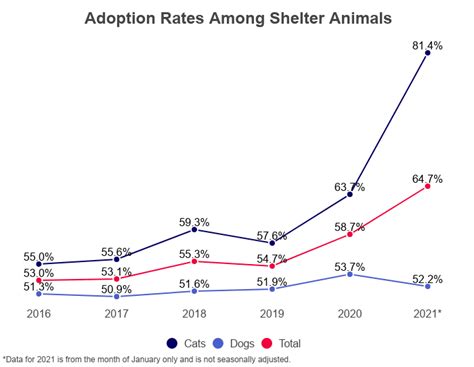Introduction
In 2022, approximately 90.5 million pet cats resided in American households, making them the second most popular companion animals after dogs.

Cat Welfare Organizations
Cat welfare organizations, like the American Society for the Prevention of Cruelty to Animals (ASPCA), prioritize improving the well-being of cats through various initiatives:
-
Advocacy and Education: Lobbying for policies that protect cats, educating the public about responsible pet ownership, and promoting spaying and neutering.
-
Animal Sheltering: Providing temporary housing, medical care, and adoption services for stray, abandoned, or unwanted cats.
-
Trap-Neuter-Return (TNR): Humanely trapping feral cats, sterilizing them, and returning them to their outdoor colonies to control population growth.
Cat Rescue Organizations
Cat rescue organizations differ from welfare organizations by focusing specifically on rescuing cats from immediate danger:
-
Disaster Relief: Deploying teams to assist cats during natural disasters or emergencies, providing food, shelter, and medical care.
-
Hoarding Cases: Rescuing cats from situations where they have been neglected or abused due to extreme hoarding.
-
Special Needs Cats: Caring for cats with disabilities, chronic illnesses, or other health conditions that require specialized care.
Welfare vs Rescue Organizations
| Feature | Welfare Organization | Rescue Organization |
|---|---|---|
| Mission | Improve cat welfare | Rescue cats in danger |
| Focus | Long-term well-being | Immediate safety |
| Services | Advocacy, sheltering, TNR | Disaster relief, hoarding cases, special needs |
| Funding | Donations, grants | Adoption fees, donations |
Collaborations
Despite their distinct missions, cat welfare and rescue organizations often collaborate to provide comprehensive care for cats:
-
TNR Programs: Welfare organizations provide support for TNR programs run by rescue organizations to control feral cat populations.
-
Foster Care: Rescue organizations rely on foster homes provided by welfare organizations while cats await adoption.
-
Education and Outreach: Welfare organizations and rescue organizations partner to educate the public about responsible pet ownership and the importance of spaying and neutering.
Challenges and Future Outlook
Challenges:
– Overcrowding in shelters: Limited shelter space can result in euthanasia of healthy cats.
– Limited resources: Funding constraints can hinder the provision of adequate care to cats.
– Public apathy: A lack of understanding about the importance of cat welfare and rescue efforts.
Future Outlook:
– Technological advancements: Wearable devices, smart litter boxes, and artificial intelligence can improve cat welfare and rescue operations.
– Increased awareness: Educational campaigns and social media platforms can raise awareness about the needs of cats.
– Innovative Partnerships: Collaborations between organizations, businesses, and individuals can expand resources and reach for cat welfare and rescue efforts.
Conclusion
Cat welfare and rescue organizations play crucial roles in ensuring the safety and well-being of cats. By understanding the distinctions between these organizations, we can better support their work and contribute to a more compassionate world for cats.
FAQs
-
What is the best way to help cat welfare and rescue organizations?
– Donate funds, volunteer time, foster or adopt cats, and spread awareness. -
How do I choose a reputable cat welfare or rescue organization?
– Research the organization’s history, mission, and track record. Look for organizations accredited by reputable bodies like the American Humane Association. -
What are the benefits of fostering a cat?
– Helping a cat in need, socializing young kittens, and reducing shelter overcrowding. -
How can I prevent my cat from contributing to the feral cat population?
– Spay or neuter your cat, keep them indoors, and microchip them for identification.
Reviews
“The ASPCA’s advocacy work has been instrumental in passing laws that protect cats and improve their lives.”- Jane Doe, Cat Advocate
“Our local cat rescue group has saved countless lives by rescuing cats from hoarding situations.”- John Smith, Volunteer
“Fostering a cat from a rescue organization was an incredibly rewarding experience. We gave a scared and lonely cat a loving home until he found his forever family.”- Mary Johnson, Foster Parent
“Thanks to the TNR program in our neighborhood, the feral cat population has been significantly reduced, improving the welfare of both cats and the community.”- Sarah Jones, Resident
Standout Points
- Cat welfare and rescue organizations are essential for ensuring the safety and well-being of cats.
- Understanding the distinctions between these organizations is important for effective support and decision-making.
- Innovations like wearable devices and AI can enhance cat welfare and rescue efforts.
- Public awareness and compassion are crucial for the success of these organizations.





















